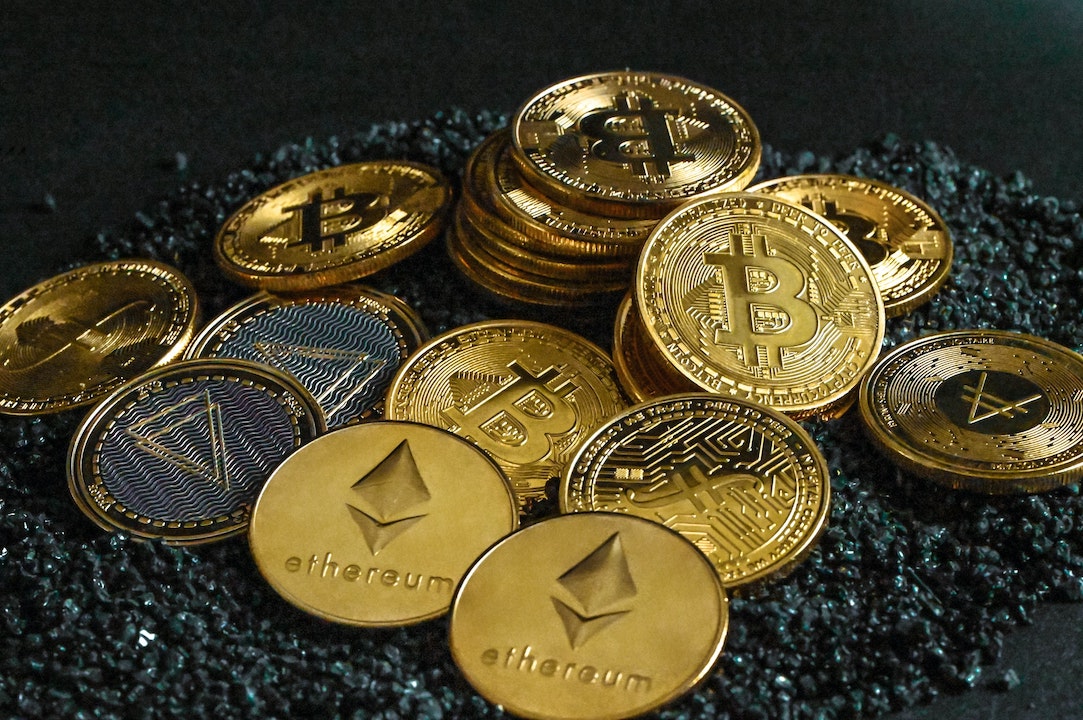- An increasing number of Germans are buying cryptocurrencies, with 10% of the population now owning digital assets.
- Germans have friendly attitudes toward crypto.
- Financial institutions are hindering crypto adoption.
Germany has been a bastion of stability in Europe throughout the COVID-19 pandemic, and its economy is now one of the strongest in the world. The country is also at the forefront of technological innovation, with a well-educated workforce and a strong culture of R&D spending.
In 2021, 10% of all Germans owned cryptos, according to CryptoMonday.de. Digital assets have become an established asset class in the country because of this widespread adoption.
CryptoMonday CEO Jonathan Merry commented on the data, he said,
CryptoMonday CEO, Jonathan MerryGermany is an excellent place for crypto mining and is Northern Data’s home. This company has some of the highest hash rates in the world and uses almost entirely renewable energy sources. The country’s supportive attitude toward digital assets and its progressive regulation has made it a hotspot for crypto innovation.
Germany Is Crypto-Friendly
Germany is one of the most crypto-friendly countries in the world. The European nation permits cryptocurrency investments in its long-term domestic savings business. This is encouraged by its zero-tax policy on long-term capital gains from cryptocurrency. Besides, it has the second-highest number of Bitcoin and Ethereum nodes behind the United States.
Since the NFT craze began, the German sportswear company Adidas has collaborated with Prada and the Bored Ape Yacht Club to create a philanthropic NFT art project on the Polygon blockchain that focuses on bringing awareness to climate change.
Financial Institutions Are the Hindrance
Despite the increasing number of Germans buying cryptocurrencies, there are still some barriers to adoption. One of the biggest hindrances is the lack of support from financial institutions. Banks have been unwilling to work with crypto businesses, making it difficult for everyday Germans to buy and sell digital assets.
However, this is slowly changing as more banks are beginning to work with crypto companies. Recently German digital bank N26 announced that it would offer cryptocurrency trading to its clients through a partnership with Bitpanda.
This is a significant development, as it will make it much easier for Germans to buy and sell cryptocurrencies. It is also a sign that banks are beginning to accept digital assets as an established asset class.
DZ Bank, Germany’s second-largest bank by assets, is currently working on a digital asset custody solution due to customers‘ demands. Even though most of these requests are for digital financial instruments rather than cryptocurrency, the system will be able to accommodate both. Regarding securities settlement, the bank is eager for the European Central Bank (ECB) to start experimenting with central bank digital currency (CBDC). Once that happens, it would enable transactions made through distributed ledger technology (DLT) to be easily settled and completed.
As more Germans begin to invest in cryptocurrencies, the country will likely become even more significant in the global crypto landscape.












